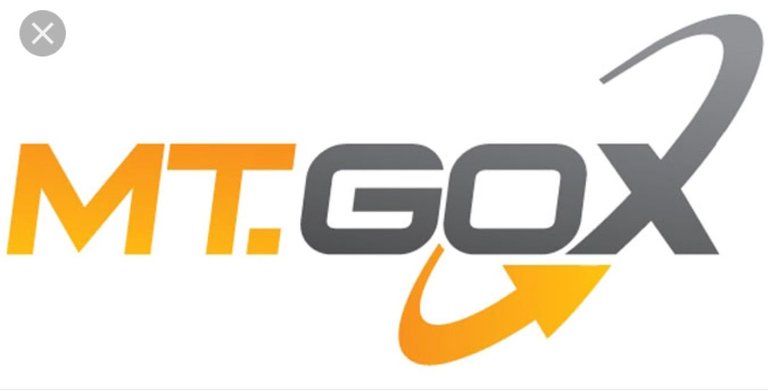Prices of major cryptocurrencies saw a sharp downward slide Thursday, amid closer regulatory scrutiny on the space and after Google announced plans to ban advertising related to the sector.
Large selling from a trustee of now-defunct cryptocurrency exchange Mt.Gox was partly to blame.
Google also banned cryptocurrency-related adverts which hit sentiment.
By 4.00 a.m ET the bitcoin price had recovered to $8,219.77, pushing the total cryptocurrency market cap to $331.7 billion.

Prices of major cryptocurrencies saw a sharp downward slide Thursday, amid closer regulatory scrutiny on the space and after Google announced plans to ban advertising related to the sector.
The market capitalization or value of all the world's digital coins stood at $310.4 billion early on Thursday morning, down from $372.9 billion a day before, according to Coinmarketcap.com, which tracks prices based on different exchanges.
Bitcoin, the world's largest cryptocurrency by market cap, traded as low as $7,676.52 on Thursday, the lowest since February 8, according to CoinDesk data. However, by 4.00 a.m ET the price had recovered to $8,219.77, pushing the total cryptocurrency market cap to $331.7 billion.
Why did prices fall?
A number of factors have weighed on the price of cryptocurrencies.
The first major one was selling by the trustees of collapsed Japanese cryptocurrency exchange Mt.Gox. It closed in 2014 and filed for bankruptcy after losing around 850,000 bitcoins. Its founder Mark Karpeles, recently pleaded not guilty to charges of embezzlement.
A trustee of the now-defunct exchange has been selling large amounts of bitcoin that the exchange still owned in order to pay back creditors. This has been hitting the price of bitcoin.
Meanwhile, Alphabet-owned Google, the world's largest digital advertiser, announced it was banning cryptocurrency-related advertising, including initial coin offerings (ICOs), wallets and trading advice.
"The sell-off was triggered by a number of factors, notably, weariness over increased regulatory scrutiny of ICOs, the Mt.Gox bitcoin dump and what seems to be some heavily liquid traders pushing for future buy-back opportunities," Thomas Glucksmann, head of APAC business development at cryptocurrency exchange Gatecoin, told CNBC by email on Thursday.
"These bear signals have subsequently spooked many new crypto investors who are now looking to cut their loses."
At the same time, there has been continued instances of scams in the initial coin offering (ICO) market. Earlier this week, CNBC reported on how scammers made off with over $2 million in cryptocurrency after carrying out an apparent fake ICO.
An initial coin offering or ICO is a way for start-ups to crowd-fund investment. Instead of raising cash from venture capitalists, a company can hold an ICO, which allows people to invest a cryptocurrency, such as ethereum or bitcoin, in exchange for a new token that's issued by the start-up. The new digital coin is not equity. Instead, it can be used in exchange for future services offered by the company. It's also possible that the new coin may climb to a much higher value than the initial investment.
Regulatory crackdown
Regulators globally have been taking a tougher stance on the sector as well. The U.S. Commodity Futures Trading Commission (CFTC) subpoenaed cryptocurrency exchange Bitfinex, and Tether, a digital coin company at the end of last year.
In the U.K., Bank of England Governor Mark Carney called for greater regulation of cryptocurrencies. And earlier this month, Japanese regulators issued punishment notices to several cryptocurrency exchanges and even made some stop business altogether.
kindly follow back and support
Sure ;)